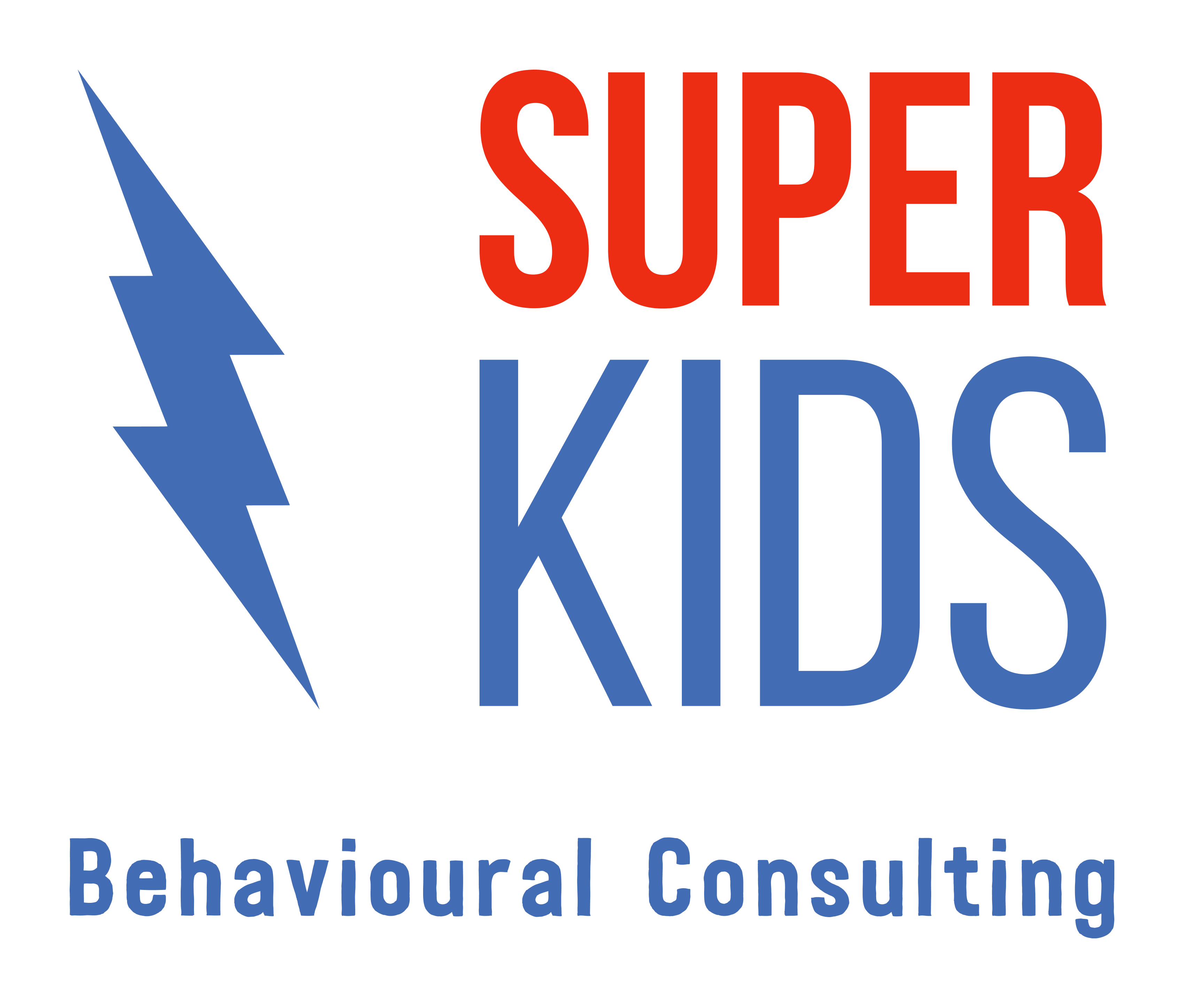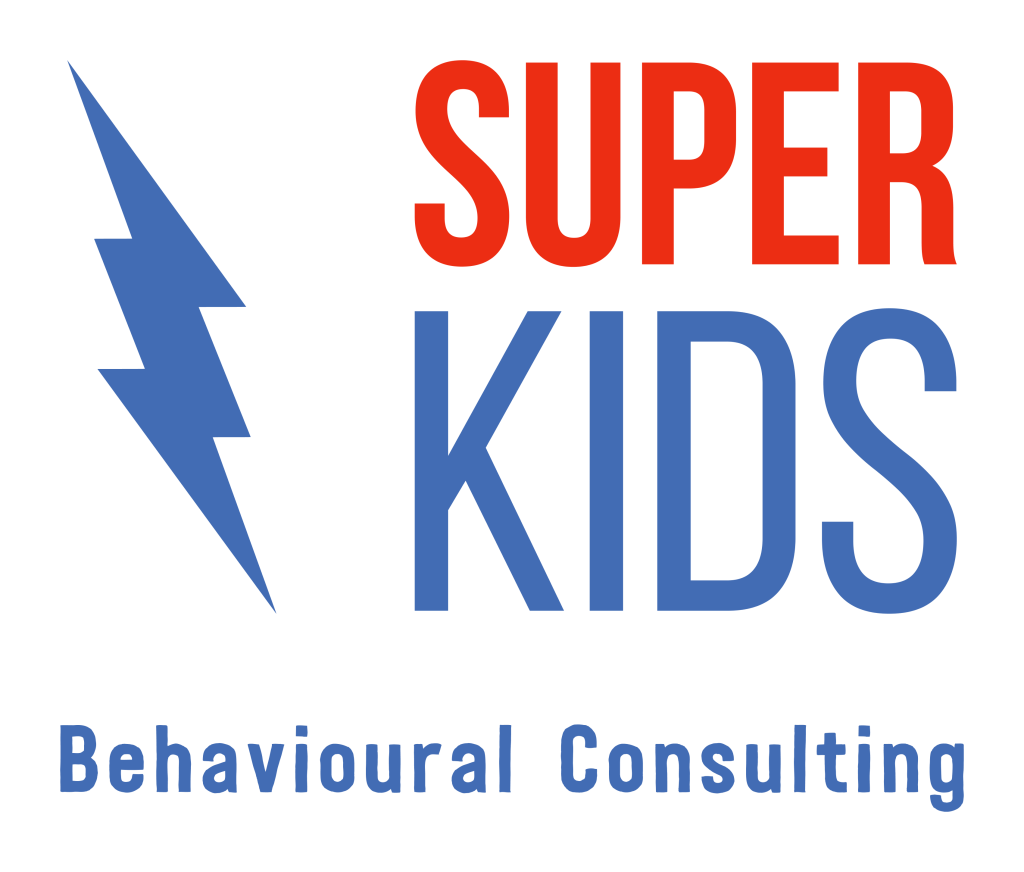What to do if your concerned about your child's development?
Are you concerned about your child’s development? What is normal?
As caregivers, it’s natural to harbor concerns about our children’s growth and milestones. Whether it’s developmental delays, behavioural challenges, or simply the uncertainties of parenthood, we’re here to explore and address these concerns together. However, what’s paramount to recognise is the pivotal role early intervention plays in shaping a child’s future.
Early intervention refers to the timely and targeted support provided to children who are at risk for or experiencing developmental delays or disabilities. It encompasses a range of services tailored to meet the unique needs of each child and their family. The underlying principle is simple yet profound: the earlier the intervention, the greater the impact.
Research consistently demonstrates the profound influence of early intervention on a child’s developmental outcomes. During the formative years of infancy and early childhood, the brain undergoes rapid growth and development, laying the foundation for future learning, behavior, and overall well-being. By identifying and addressing developmental concerns early on, we can capitalise on this critical period of neuroplasticity, maximising the child’s potential and minimizing long-term challenges.
Early intervention is not merely about remediation; it’s about empowerment. It equips children with the skills and support they need to thrive in various settings, from home to school and beyond. Moreover, it provides families with the tools, resources, and guidance necessary to navigate the complexities of raising a child with unique needs.
The resources below may help give you some further direction to review your concerns about your child’s development, particularly if you’re noticing some developmental delays. They are not a diagnostic tool, but some initial steps and considerations if you’re concerned about your child’s development.
1. COMPLETE A PARENT REPORT SCREENING TOOL
If you’re concerned, the you can immediate investigate and start by completing a parent report screening tool.
- The Modified Checklist for Autism in Toddlers, Revised, with Follow-Up (M-CHAT-R/F). If your child screens positive on the M-CHAT-R/F, it is strongly recommended that your child is referred for early intervention and diagnostic testing as soon as possible. You may consider discussing this with your child’s GP, paediatrician or child health nurse. If the healthcare provider or parent has concerns about Autism Spectrum Disorder, your child should be referred for further evaluation regardless of the score on the M-CHAT-R or M-CHAT-R/F.
To take the test, follow this link:
2. ASDetect is a free Australian app that empowers parents to assess their young child for early signs of autism through video examples. It has been designed for children aged 11-30 months and is available in English, Mandarin Chinese, Slovak and Spanish. ASDetect guides parents through the assessment questions using specially produced videos. There are videos of both autistic and non-autistic children. Each one shows a development milestone, and some questions also have activities that you can do with your child to help you answer the question.


2. GETTING A DIAGNOSIS
Early detection of autism and developmental delays are important because it allows you to begin early intervention sooner. Don’t just wait and see! You do not need a formal diagnosis to start early intervention.
Who can diagnose Autism?
Most children in Australia are diagnosed with ASD by professionals using the Diagnostic and Statistical Manual of Mental Disorders (DSM). The fifth version of this manual, the DSM-5, has been used since 2013. The diagnostic evaluation may be conducted by either:
- One health professional, such as a paediatrician, psychiatrist or psychologist
- A team of health professionals, a multidisciplinary team will include a paediatrician (or child and adolescent psychiatrist), a psychologist and a speech pathologist, but other health professionals may provide input if required.
3. LEARN ABOUT APPLIED BEHAVIOUR ANALYSIS (ABA) & EARLY INTERVENTION
Worried about labeling a child too early? Don’t be. Early intervention is crucial for every child. If autism or developmental delay has been suggested by anyone, it’s essential to investigate further. You can begin intervention while waiting for a diagnosis. If the child’s development catches up, that’s fantastic. Early action ensures the best outcomes for children.
Applied Behaviour Analysis (ABA) or ABA therapy is one of the options for early intervention. Programs are designed, implemented, and evaluated systematically to improve behaviours that are important to society and the individual. It can be applied in a variety of contexts (such as home and school) and can be used to teach skills to any learner! It is particularly effective for young children with Autism Spectrum Disorder (ASD) but isn’t used exclusively with this population. It has also been shown to be effective for children with developmental delays, intellectual disabilities, Down Syndrome, Cerebral Palsy and other genetic disorders. If you do have concerns about your child’s development, there are many evidence based strategies with ABA that we can use to teach them the skills that they need to learn.
Early Intervention Funding
The NDIS’s Early Childhood Early Intervention (ECEI) approach is available to all children aged under 9 who have been identified with a developmental delay or disability.
The first step is to meet with an NDIS Early Childhood Partner to discuss your child’s needs. They can give you information about the supports and services available in your local community, provide some short-term early intervention support where appropriate, and request access into the NDIS if this is required.

CONTACT FORM
To find out more about Super Kids, please fill in the form below. Then we will be able to assist you with information about our programs, online courses and current waitlist status.
Super Kids acknowledges each individual’s personal preference to use identity-first or person-first language to describe themselves or their loved one. We interchangeably use both language conventions and therefore refer to both Autistic children and children with Autism.


